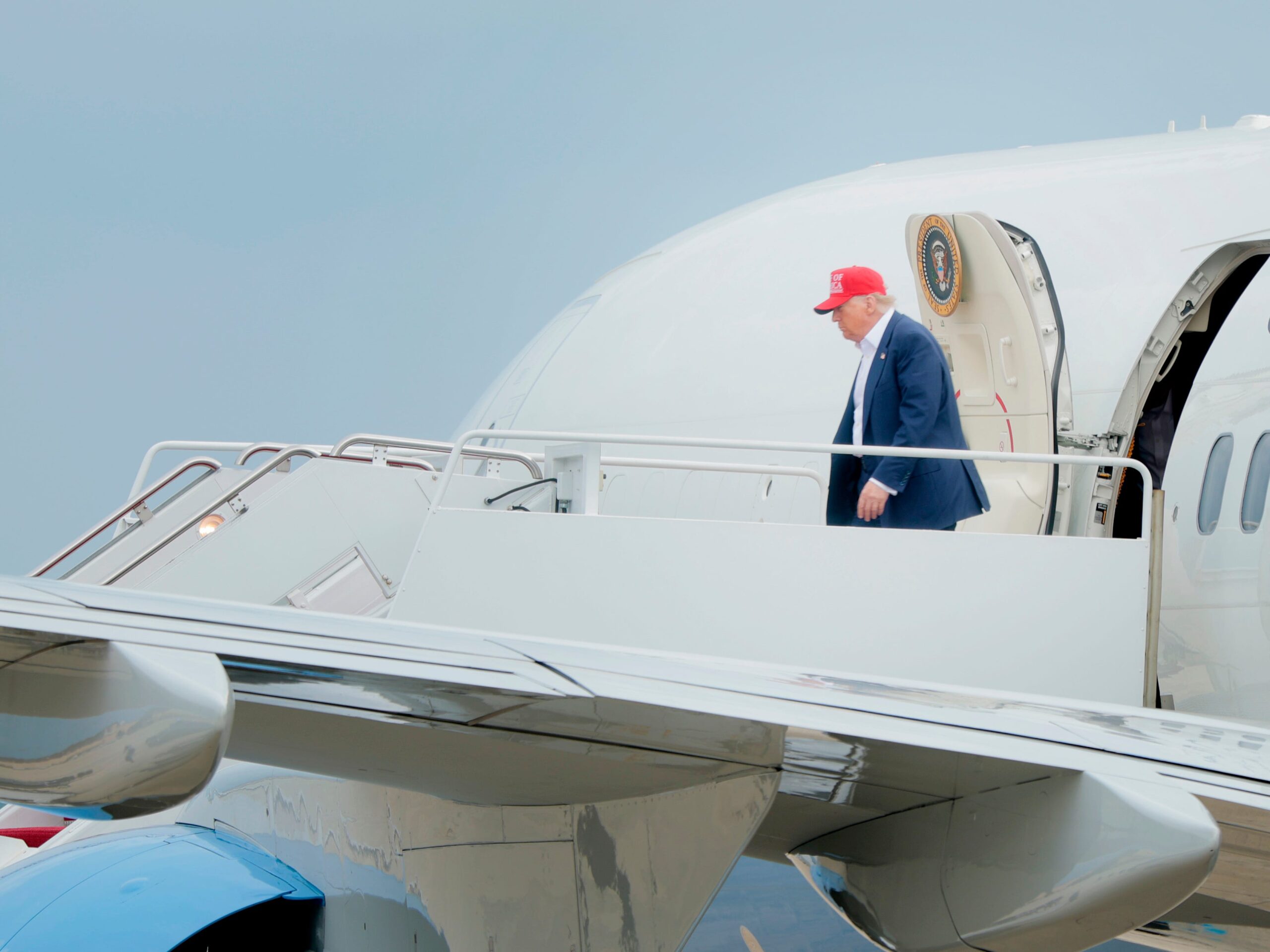UPDATE: The aviation industry is breathing a sigh of relief after the EU-US trade deal was just announced, confirming no tariffs will be imposed on aircraft exports. This crucial development means that airlines and plane manufacturers can avoid the financial burden of tariffs that would have disrupted their already strained global supply chain.
The trade deal arrives amid fears that Donald Trump might enforce a 20% tariff on all EU exports, a concern that has loomed over the industry for months. While initial negotiations reduced the tariff to 15%, the final outcome is still viewed as a significant win for the US aviation sector. Notably, European companies like Airbus will benefit from zero tariffs on aircraft and components, easing the pressure on their operations.
Earlier this year, the aviation industry was apprehensive, grappling with the complications of a complex supply network that had already been impacted by the COVID-19 pandemic. Optimism surged at last month’s Paris Air Show, where Transportation Secretary Sean Duffy expressed support for reverting to a zero-tariff agreement reminiscent of 1979, aligning with the interests of industry leaders.
In light of the looming tariffs, airlines like Delta Air Lines had been crafting creative workarounds. For instance, they arranged for an Airbus plane to be delivered to Japan rather than the US, allowing the aircraft to bypass import tariffs as long as it was used solely for international flights. Meanwhile, Ryanair, Europe’s largest airline by passenger numbers, prepared strategies to mitigate the financial impact, with CEO Michael O’Leary suggesting measures such as registering planes in the UK, where no tariffs apply.
Despite the positive news, not all companies are entirely out of the woods. The deal provides greater predictability for the economy, but some analysts fear that companies may pass on potential costs to consumers, potentially dampening travel demand. In its recent earnings report, American Airlines showcased record revenue but lowered its profit forecast, predicting adjusted earnings per share between a loss of $0.20 and a profit of $0.80, a significant drop from earlier estimates.
CEO Robert Isom remains optimistic about demand, citing growth in GDP and the trade deal’s favorable outcome. “I think that all lends to a customer that’s more willing to get out there and spend on travel,” he stated, emphasizing the potential rebound in travel as consumers regain financial confidence.
As the aviation sector adjusts to this latest development, all eyes will be on the long-term effects of the trade deal and how airlines navigate the post-pandemic landscape. The urgency surrounding this agreement signals a turning point for the industry, one that could reshape its future in the wake of ongoing global challenges.
Stay tuned for more updates as this story develops.
